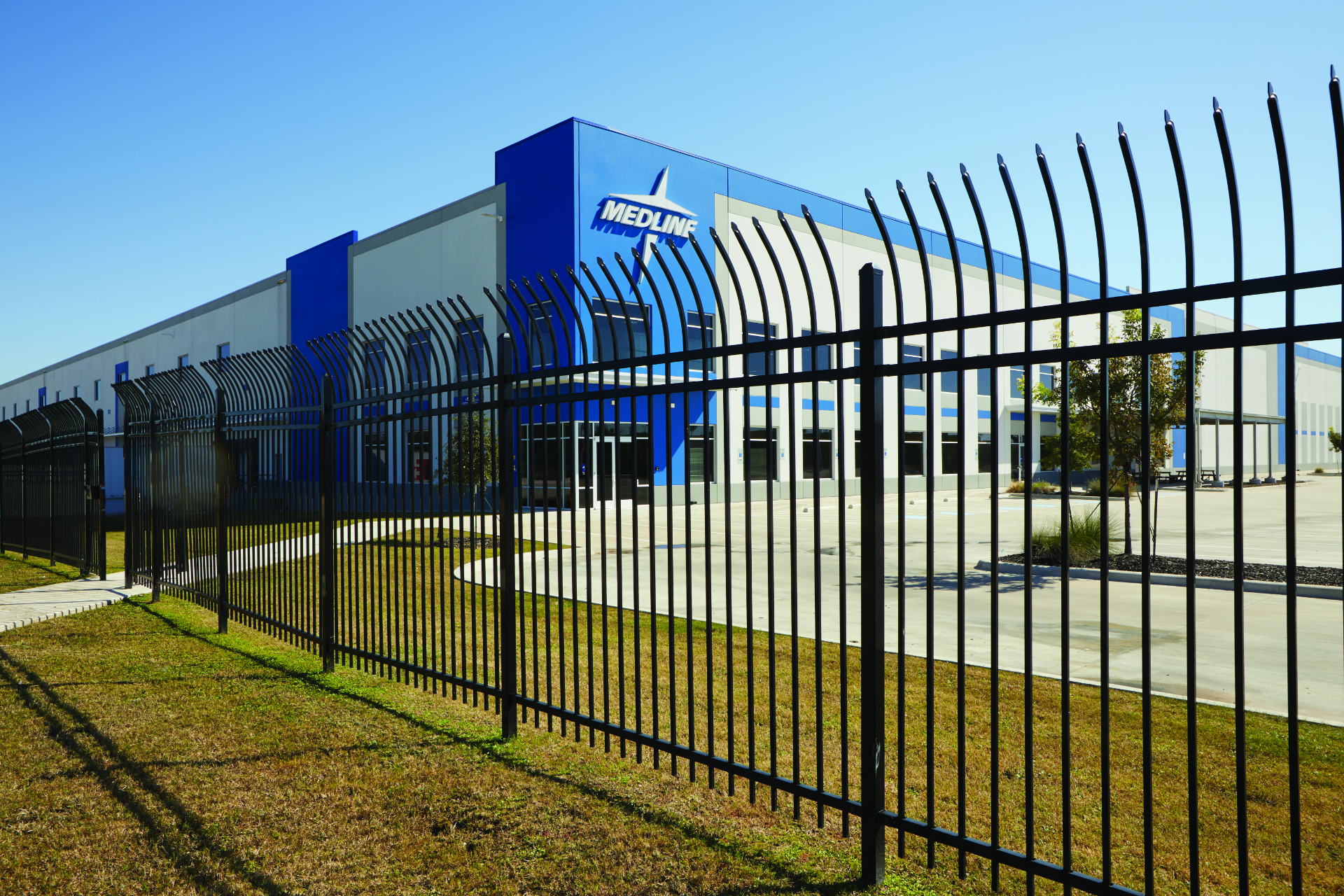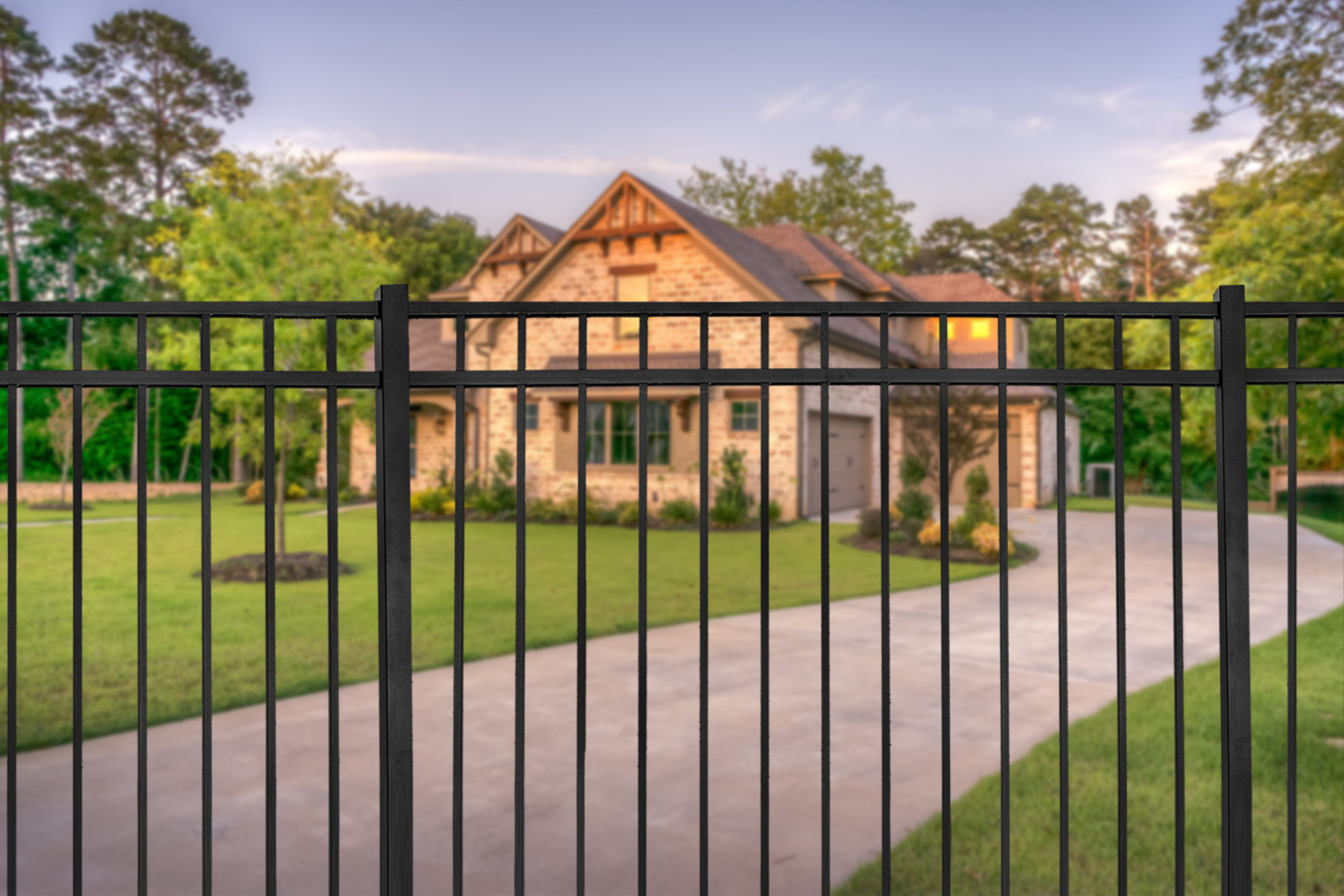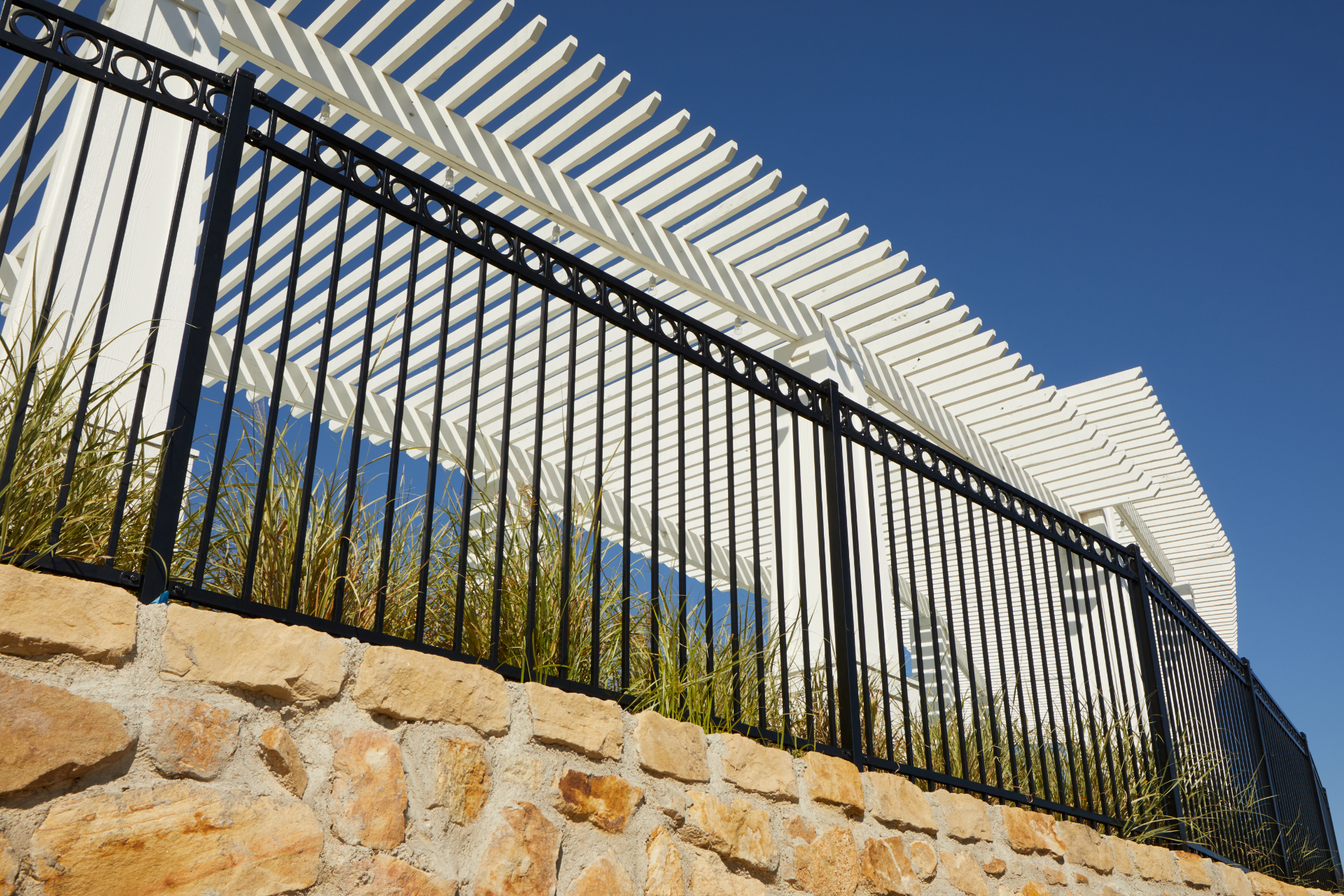╳

Get The Latest On Our Greatest
Subscribe to Our Company/Product Updates

Wednesday, July 3, 2024
Experts at Security Today recommend fences as an important part of a multilayered security plan. After all, when it comes to personal safety and protecting assets, the stakes are high. A perimeter fence not only establishes a physical barrier but also acts as a visual deterrent. It's no wonder that fences are a staple on both commercial and residential properties.
In addition to providing a sought-after security factor, fencing also has the potential to contribute to the curb appeal of a property. That's why many are turning to steel fencing's clean lines and on-trend, sophisticated appearance for proven perimeter protection. Steel fencing is also versatile, allowing home and building owners to choose an option that complements their property's design aesthetic.
That said, commercial and residential properties often demand different performance and design capabilities from their fencing systems. So, what sets commercial fencing apart from residential fencing? Let's talk about it.
Commercial fencing is designed differently than residential fencing
A fence's design often depends on its application. For example, when installed around an intimate backyard, residential fencing made from steel offers evenly spaced pickets to keep little ones and furry companions from wandering off alone. This type of fence is typically available with several top and bottom rail options as well as accessories, such as finials, knuckles, ball caps and rings, to help homeowners customize their fencing to suit their personal style.
While creating a specific look is important, commercial fencing serves a slightly different purpose: to deter and delay trespassers from gaining access to a property. Available with wide and closely spaced pickets or anti-climb top rails, steel fencing can enhance the security of a property’s perimeter.
Although performance demands and design can vary between residential and commercial fencing, select steel fencing systems can provide a long-lasting option that requires little to no maintenance over their service life.

Residential fences with rackable technology support design aesthetics
Backyards can often include slopes. This used to mean homeowners had to choose between uneven top rails or large gaps beneath fence panels. Both options reduced the fence's visual appeal and sacrificed the homeowner's peace of mind.
However, modern rackable design allows select steel and aluminum systems to accommodate steep grade changes across nearly any landscape. This creates a seamless barrier with few spaces between the ground and the panel. In fact, Fortress Building Products' rackable fencing options allow panels to follow the curves of a landscape without metal-on-metal pressure. This ensures no metal fatigue or compromising of the powder coat, so the system will continue to provide long-term performance and maintain its good-looking appearance over the years.
Keep in mind that rackable design does not just benefit residential applications. This technology can support commercial fencing as well.


Commercial fencing enhances security and allows better monitoring of a perimeter
As important as it is to physically delay trespassers, it is equally critical for commercial fencing to look robust in appearance and difficult to damage or dismantle. Steel fences that have their vertical and horizontal components integrated or hide their fastening systems will appear more difficult to cut through or remove sections of the fence.
Often, high-security and industrial-strength commercial fences are also compatible with data and communications cable (IDS), allowing for the integration of various monitoring systems, from CCTVs to motion sensor alarms, to alert security personnel of perimeter breaches in real time.
To learn more about extending proven perimeter performance to your property line, visit our blog homepage at fortressbp.com and filter the results by “FENCING.”
Search